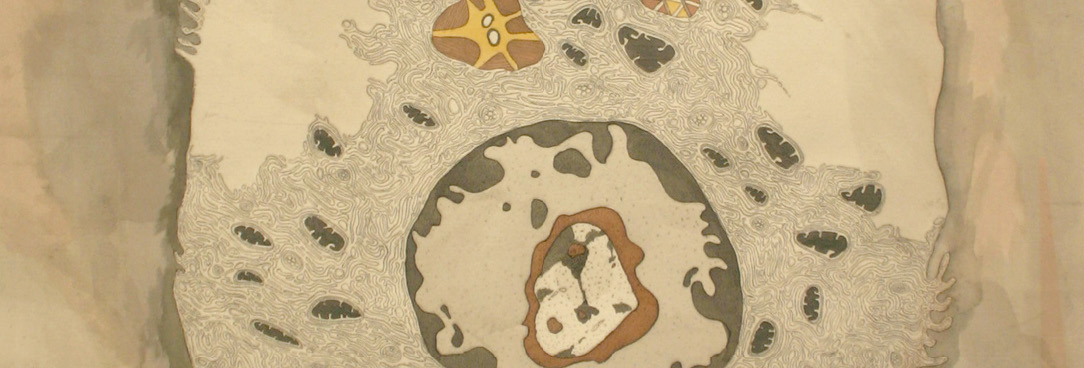
Author: Public Record Office Victoria
On the rivers of remote colonial Victoria, 19th century European settlers depended on Aboriginal navigators and canoe builders to transport goods, stock and people.
A new documentary and multimedia project, now live on Culture Victoria, explores this little known aspect of colonial history through a short documentary film, image gallery, audio interviews and three short educational essays.
Historical research
Produced by the independent film production company Wind & Sky Productions, the project was inspired by the research of historian Dr Fred Cahir, an Associate Professor at Federation University Australia.
“What sparked my interest was looking through 19th century records and seeing how much involvement Aboriginal people had in ordinary Australian lifestyles,” said Associate Professor Cahir. “How much they contributed was immense.”
The project features interviews with Cahir and Traditional Owners Uncle Bryon Powell, Jamie Lowe and Rick Nelson, and includes artwork, maps and photographs from the regional and metropolitan collections of Public Record Office Victoria, as well as the State Library of Victoria, the Art Gallery of Ballarat, Museum Victoria and the Ballarat Gold Museum.
19th century canoes
As part of his research, Associate Professor Cahir found numerous 19th century examples of explorers, gold miners and settlers using Aboriginal ferrying services and boat building services.
“We have loads of accounts of white people’s dependence on Aboriginal canoes,” says Cahir.
These anecdotes of canoe use on rivers such as the Murray, Barwon, Goulbourn, Loddon, Moorabool and Mitchell shed light on the generosity, resourcefulness and ingenuity of the Indigenous inhabitants and of the trading relationships formed between Aboriginal people and European colonists, who were “totally dependent on Aboriginal technology in that period of time in that area of Australia,” says Cahir. “It’s a really interesting story.”
Visit 'Seeing the Land from an Aboriginal Canoe' now.
Material in the Public Record Office Victoria archival collection contains words and descriptions that reflect attitudes and government policies at different times which may be insensitive and upsetting
Aboriginal and Torres Strait Islander Peoples should be aware the collection and website may contain images, voices and names of deceased persons.
PROV provides advice to researchers wishing to access, publish or re-use records about Aboriginal Peoples
